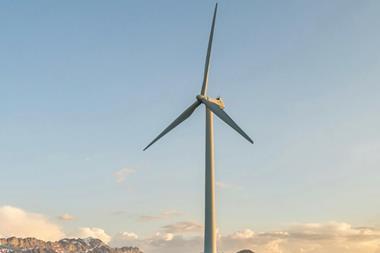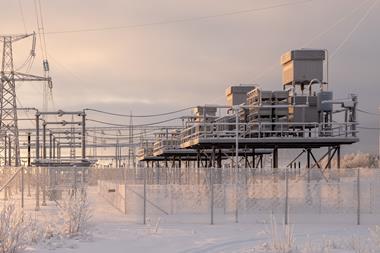The UK has increased the maximum price at which offshore wind developers can bid in next year’s renewables auction by two thirds.
The government’s decision to increase subsidies for offshore wind projects comes two months after its previous auction failed to attract any bids amid rising construction and labour costs.
Wind is central to the UK’s net-zero strategy and the government has committed to an expansion of offshore capacity to 50GW by 2030, but investors argued the subsidies on offer in the previous auction were too low.
Earlier this month, Jon Phillips, CEO of the Global Infrastructure Investor Association (GIIA), which represents major institutional investors and fund managers, said the failed auction showed that “infrastructure investors – no matter what their commitment to ESG or impact investing – will not commit private capital where there is a clear danger of either a poor or no return”.
He added: “Governments need to adjust their auction parameters so that investors – after assessing all the risks and ESG criteria – can invest with reasonable confidence that they will deliver a fair return for the ultimate beneficiaries, which include millions of ordinary pension savers.”
Following the announcement today, Simon Montague, director of corporate affairs at GIIA, said “This is a welcome first step towards restoring the confidence of international investors.”
Montague said GIIA was hopeful that next week’s Autumn Statement by the UK Chancellor would “include more measures that contribute further towards rebuilding the attractiveness of the UK as an investment destination versus its competitors in north America and mainland Europe”.
Thibaut Cheret, wind and renewables manager at Offshore Energies UK, which represents the UK offshore wind industry, said it was “an important step forward”, noting that Offshore Energies UK had “identified over £200bn of private capital [that] can be unlocked before 2030 to deliver UK targets in the right investment environment”.
Susie Elks, senior policy adviser at E3G, said, “that despite anti-net-zero rhetoric, the Conservatives remain aware that renewables are still the cheapest new source of electricity and that the green economy is the growth engine of the future”.
Ronan Lambe, a lawyer at Pinsent Masons who specialises in renewable energy projects, said: “As we move to deeper waters and floating wind represents an increasing proportion of offshore deployment, it’s clear that a race to the absolute bottom on strike prices isn’t going to encourage the required capacities to deploy.”


















